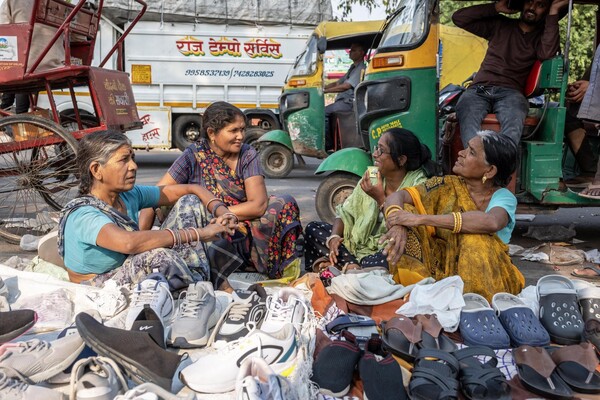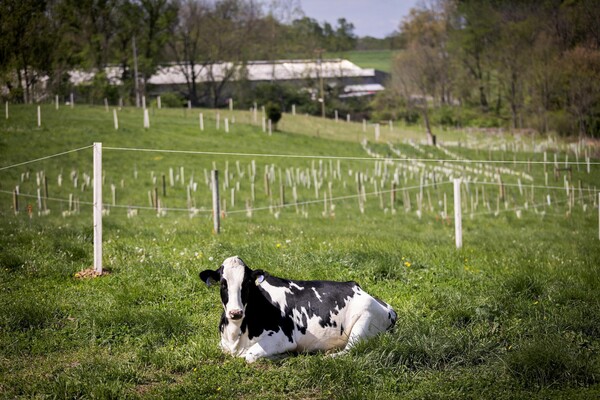
Image: Andriy Onufriyenko via Getty Images
A collection of human DNA variants tied to more severe cases of COVID-19 are also associated with other serious medical conditions such as those dealing with blood clots and faulty inflammatory responses, according to a new study. A summary of this analysis, which comes from stored genetic data from 600,000 people, is published in PLOS Genetics.
“This work provides invaluable insights into the genetic architecture of COVID-19 risk factors and disease complications, a pressing need as the pandemic continues,” says the study’s lead author, Anurag Verma, an instructor in translational medicine and human genetics at the Perelman School of Medicine. “The balance between the associations that we uncovered will be important as more therapies for COVID-19 are considered.”
Data used in this study comes from the Million Veteran Program, which was established by the U.S. Department of Veterans Affairs. It is among the largest and most diverse biobanks (repositories of genetic information used for research) in the world, making it ideal for examining the various pieces of DNA that could be exploited by COVID-19.
With the variants associated with severe COVID-19 in hand, the researchers examined whether any other health conditions were more likely to be associated with them. To do this, they analyzed roughly 1,500 “phenotypes,” meaning the identifiable traits of a disease, which could be gleaned from an electronic health record.
Variants that had been associated with more severe COVID-19 in the ABO locus, a term meaning a gene’s position on a chromosome, were found to also be associated with the most other conditions. Patients with these variants were 33% more likely to have conditions like venous embolism and thrombosis, which both involve blood clots.
Some differences in association were seen when genetic ancestry was taken into account. The odds of someone having neutropenia—a condition in which a patient has a low count of the white blood cells used by the body’s immune system—were 29% higher in those with African genetic ancestry who had variants in the LMNA locus. Those with European genetic ancestry who had the same variants did not share a higher association.
This story is by Frank Otto. Read more at Penn Medicine News.
From Penn Medicine News

Image: Andriy Onufriyenko via Getty Images

Four women street vendors sell shoes and footwear on a Delhi street.
(Image: Kannagi Khanna)

nocred

nocred